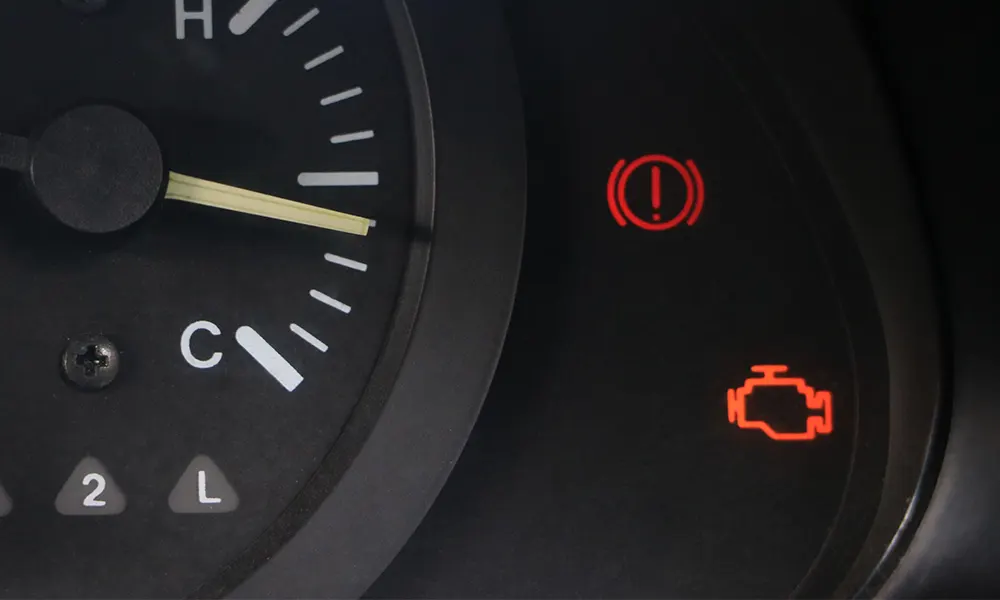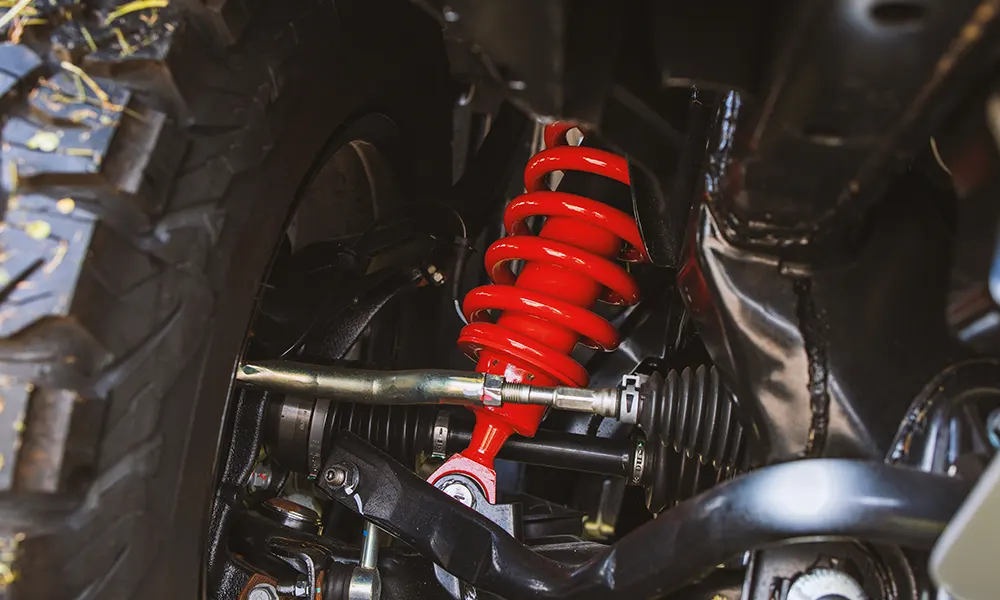You know your car needs oil, but do you know if you’re using the right one? Choosing poorly could mean faster wear, overheating, or even engine failure.
Understanding what engine oil for my car is best isn’t just a maintenance task, it’s essential for performance and protection.
In this article, we’ll explain the different types of oil, how to read the labels, and when to change it, so you can drive with confidence.
Why Choosing the Right Engine Oil Matters
Engine oil isn’t just lubrication, it’s the lifeblood of your car. It reduces friction, cools engine components, and cleans away contaminants.
Using the wrong oil can increase wear, reduce efficiency, and shorten your engine’s lifespan. That’s why choosing the right engine oil is one of the most critical decisions you can make for vehicle care.
What Engine Oil for My Car? The Key Factors
When you ask, what engine oil for my car, the answer depends on several factors:
- Manufacturer recommendations: Always check your owner’s manual first.
- Engine type: Turbocharged, diesel, and high-performance engines need specific oils.
- Driving conditions: Stop-start city driving, heavy loads, or long highway trips affect your oil choice.
- Climate: Oils perform differently in Brisbane’s humid summers versus cooler winters.
Understanding Engine Oil Grades
Oil grades, like 5W-30 or 10W-40, look confusing but are simple once you break them down.
- The first number (5W) refers to viscosity in cold weather.
- The second number (30 or 40) refers to viscosity at high temperatures.
- Lower numbers mean thinner oil, which flows faster in cold starts.
Choosing the grade suited to your climate ensures proper protection year-round.
Synthetic vs Mineral Oils: What’s the Difference?
Here is the difference between synthetic and mineral oil:
Mineral Oil
Derived directly from crude oil, it’s affordable but less refined. Best suited for older vehicles with simple engines.
Synthetic Oil
Laboratory-engineered for stability, synthetic oils resist breakdown and offer superior protection. Recommended for modern engines and extreme conditions.
Semi-Synthetic Oil
A blend of both, offering better performance than mineral oil without the full cost of synthetic.
High-Mileage Oils: Do You Need Them?
If your car has clocked over 150,000 kilometres, high-mileage oil could help. These oils contain additives designed to reduce leaks and minimise wear.
They’re particularly useful for older engines prone to oil consumption.
How Often Should You Change Engine Oil?
Most modern cars need an oil change every 10,000 to 15,000 km, or at least once a year.
Driving habits play a role. If you do frequent short trips, your oil may need changing sooner, as contaminants build up faster.
Signs You’re Using the Wrong Oil
Choosing the wrong oil type shows up quickly in your car’s performance. Watch for:
- Louder engine noise.
- Reduced fuel efficiency.
- Difficulty starting in cold mornings.
- Oil leaks or burning smells.
If you notice these, reconsider choosing the right engine oil for your car.
Common Myths About Engine Oil
Plenty of drivers still believe outdated myths, such as:
- Thicker oil is always better: Not true; it can strain the pump in cold weather.
- Change oil every 5,000 km: Modern oils last much longer.
- Synthetic oil causes leaks: It doesn’t; it simply cleans deposits that may reveal existing leaks.
The Role of Oil Filters
Oil is only as good as the filter keeping it clean. A clogged filter reduces flow and starves the engine of lubrication.
Always replace your oil filter at every oil change for maximum protection.
European and Luxury Cars: Special Oil Requirements
Brands like BMW, Audi, and Mercedes often require manufacturer-approved oils that meet strict specifications.
Using the wrong oil may not only harm the engine but also void warranties. Always follow your logbook recommendations.
How to Check Engine Oil at Home
Checking your oil is simple:
- Park on level ground and turn off the engine.
- Pull the dipstick, wipe it clean, reinsert, then check the level.
- Oil should sit between the “min” and “max” marks.
This five-minute habit prevents engine damage from low oil.
Eco-Friendly Oils: Are They Worth It?
With rising focus on sustainability, many oils now feature low-emission formulations. These eco oils reduce harmful exhaust particles and improve fuel economy.
While slightly more expensive, they’re worth considering if you want to reduce your footprint.
Conclusion
So, what engine oil for my car is the right choice? It depends on your vehicle type, driving conditions, and manufacturer guidelines.
Understanding viscosity, synthetic options, and service schedules ensures your engine stays healthy.
At Car One, we help Brisbane drivers with expert oil changes, logbook servicing, and guidance on choosing the right engine oil. Our team ensures your car runs smoothly, efficiently, and safely.
Call us today on (07) 3607 0215 to book your next service with us, Brisbane’s trusted automotive specialists.
FAQs
1. What engine oil for my car is best?
The best oil is the one recommended by your manufacturer, suited to your climate and driving conditions.
2. Is synthetic oil always better?
Yes, for most modern cars. It provides better stability, protection, and performance than mineral oil.
3. How do I know if I need high-mileage oil?
If your car has over 150,000 km and shows signs of leaks or oil consumption, high-mileage oil is worth considering.
4. Can I mix different types of oil?
It’s not recommended. Mixing reduces the benefits of synthetic oil and can affect performance.
5. How often should I change my oil?
Every 10,000 to 15,000 km, or at least once per year, depending on your driving habits.




